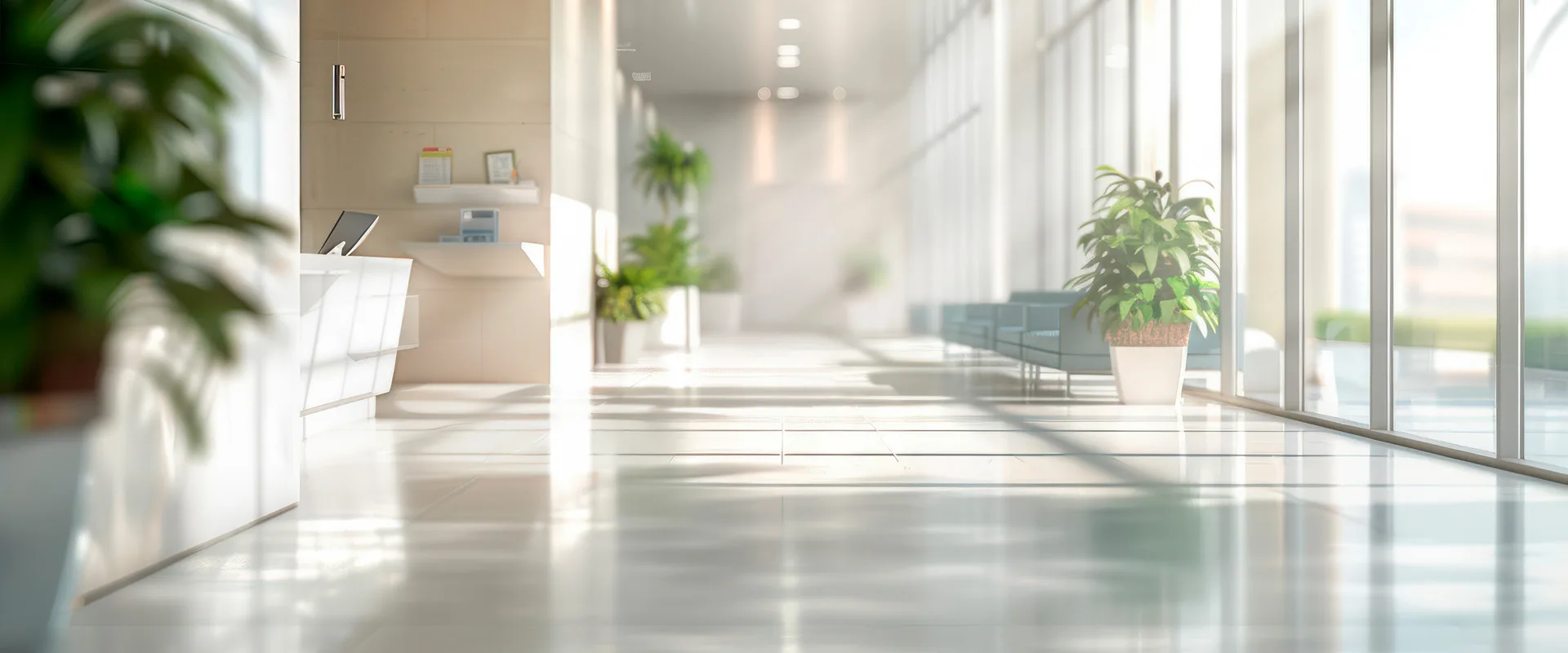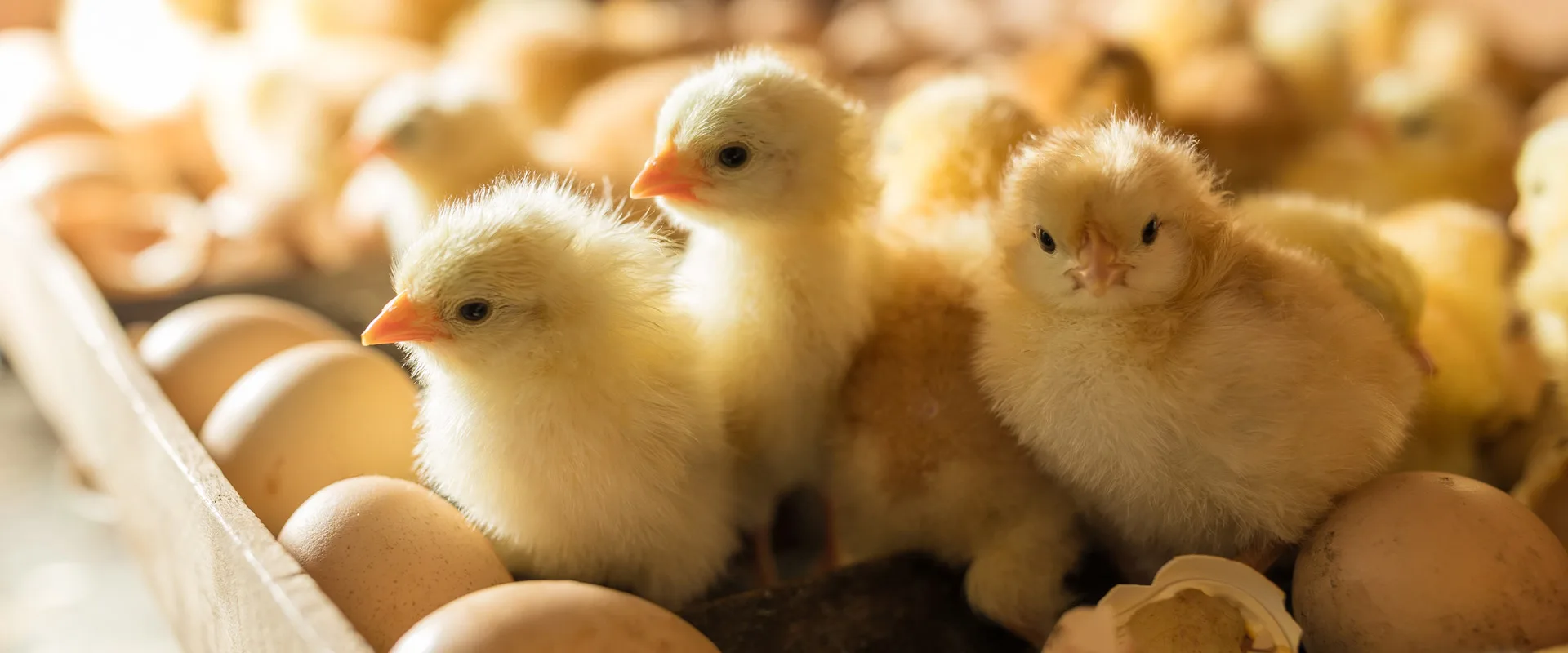AEIRO for Home
Recognizing that indoor air quality (IAQ) profoundly impacts health, homeowners are increasingly prioritizing cleaner living spaces. Given that we spend roughly 90% of our time indoors, as the EPA reports, the air we breathe at home directly affects our well-being. Poor indoor air has been linked to a range of issues, from respiratory problems and headaches to fatigue and reduced concentration, making effective air purification a necessity, not a luxury.
AEIRO for Business
Studies continue to show that improved indoor air quality (IAQ) at work contributes to a healthier and more productive environment. Poor indoor air quality can negatively impact employee health, comfort, and productivity by causing symptoms like headaches, fatigue, irritation, and difficulty concentrating. This can ultimately lead to decreased performance and increased sick days. Learn more about what causes poor air quality and how AEIRO can help.
AEIRO for Education
Optimal indoor air quality (IAQ) is paramount in educational settings, directly influencing student health and academic achievement. Poor IAQ can trigger respiratory problems, diminish concentration, and lead to increased absences, hindering the core mission of educating children. Conversely, good IAQ fosters a comfortable, healthy environment that supports student well-being and enhances teacher and staff performance. AEIRO minimizes allergens, ensuring a conducive learning atmosphere for all.
AEIRO for Poultry
Maintaining good indoor air quality (IAQ) on farms is crucial for the health and well-being of poultry. Farmers who prioritize IAQ demonstrate a commitment to the safety and welfare of their flocks, recognizing that healthy birds translate to productive operations. Poor air quality, laden with dust, ammonia, and pathogens, can lead to respiratory issues, decreased growth rates, and increased susceptibility to disease in chickens and other poultry. By investing in effective ventilation and air filtration, farmers create a healthier environment, reducing stress on their livestock and ultimately safeguarding their investment.



